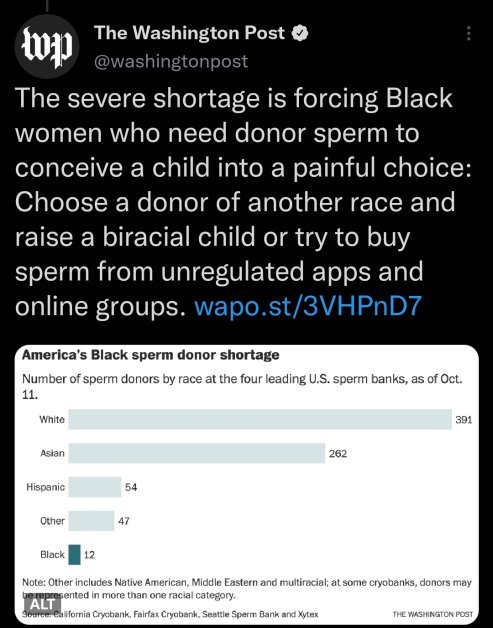What's your favorite way to listen to music?
As in how you listen to music. Whether it be through wireless earbuds, beats by Dre, a stereo setup, through your PC, gaming console, a pair of studio headphones and more. Maybe it's a record player to get the best sound, or you're fine listening to music from your phone.
For me, I usually listen to music while I'm working, so while I'm on my PC. I had a pair of Sennheiser headphones that sounded awesome, but it broke on me fairly soon after I got them. Even got them replaced and those died on me within months.
If I had a record player I would probably use that more often. But you still need decent speakers and turntable to get the best sound I would imagine. Been wanting to get a good setup like that.
Anyway, what about you?
For me, I usually listen to music while I'm working, so while I'm on my PC. I had a pair of Sennheiser headphones that sounded awesome, but it broke on me fairly soon after I got them. Even got them replaced and those died on me within months.
If I had a record player I would probably use that more often. But you still need decent speakers and turntable to get the best sound I would imagine. Been wanting to get a good setup like that.
Anyway, what about you?



 second, this is how white supremacy does signaling disguised seemingly as innocent news story. It signals each other in the open like this. Same thing when you see an article about blacks arming themselves in gun clubs, its signaling an alert in the open.
second, this is how white supremacy does signaling disguised seemingly as innocent news story. It signals each other in the open like this. Same thing when you see an article about blacks arming themselves in gun clubs, its signaling an alert in the open.